Artfully posed on magazine covers lining the checkout aisles at grocery stores, splashed on the top headlines of every major news site and posting daily to their swarms of devoted fans on social media — celebrities are everywhere. They constantly reach down to us from their pedestal of elevated status and their piles of cash, spanning across the great divide of the velvet rope to give us small peeks into their lives that we, on the other side, are quick to consume. Their permanence is baked into the culture of our current world, constantly taking up large parts of our minds. And, whether we like it or not, they’re here to stay.
Celebrities are people of high status and fame typically known for a given craft or specific niche, like a singer, actor or athlete. Their prominence in the media and our lives isn’t anything particularly new. Revered stage actress Sarah Bernhardt, born in 1844, is widely considered to be the first modern celebrity because of her groundbreaking and boundary-pushing work in the field of performance art. But a lot of time has passed since Bernhardt first graced the stage, and celebrity culture is changing, more particularly due to the rise of social media usage.
Prior to social media’s conception, celebrities who had large, diasporic fan bases had no easy way to interact with all of them at once. But now they can respond to individual comments and post videos to everyone who follows them every time they open their phones. Oftentimes, celebrities’ public relations teams ask them to create accounts on social media, especially when they are publicizing their recent projects — like new albums or a starring role in a big movie. While regularly posting might seem like a chore to some celebrities, within those 15 seconds or 280 characters, there is enough content to send their most devoted fans into a frenzy, which has both positive and negative effects.
On one hand, social media can be an outlet for celebrities to create a real, tangible influence in the world because they can utilize their respective fanbases as a means of achieving a certain task. An example of this is singer-songwriter Taylor Swift and her regular posts encouraging her fans to vote around the time of a major election, which created a surge in voter registration immediately after they were posted. Swift benefits from having an incredibly large audience who supports her and, upon seeing the ideals she endorses through social media, is more likely to mimic those same ideals. Junior Brooke Hoenecke, a self-proclaimed ‘Swiftie,’ uses social media — specifically Instagram — as a way of keeping up with the superstar and interacting with fellow fans.
“I like to research fan theories about when her next album might come out and I get a lot of [Taylor Swift related] content recommended to me on Instagram, which I love,” Hoenecke said. “I don’t normally stop by her Instagram or read up on her personal life willingly, but if it gets recommended to me [then] I’ll definitely take a look at it.”
Senior Swati Kumar also uses social media for this purpose.
“I think that I’m an easily influenced person,” Kumar said. “I don’t consistently spend a lot of money on [Swift,] but if I see something related to her, I want it.”
Besides Swift, Kumar admires and has looked up to prominent Bollywood movie star Shah Rukh Khan for most of her life.
“Ever since I was little, I watched him on TV. I really care about him; I think he’s so charismatic and kind on-screen and off,” Kumar said.
However, usage of social media isn’t all positives, because the lives that many celebrities seemingly live online are frequently edited, falsified and exaggerated to look a certain way. Due to their constant overexposure in the media cultural prevalence, unhealthy comparisons begin forming between fans and celebrities, with social media only exacerbating the issue. Many celebrities unconsciously can stir up body image issues among their fans through social media posting. It’s unfair for fans to compare their reality to the fictive, unobtainable level of reality on which celebrities seem to live, which even though it isn’t directly any celebrity’s fault, it is a real consequence of continuous conscious exposure to their lives.
“It is very easy to compare yourself to celebrities, especially when it seems like their lives are 100 percent awesome,” junior Shirah Ramaji said. “But it’s also important to remember that [social media] is 0.1 percent of what their lives are really like, and no one’s life is that perfect.”
Another more unanticipated effect of social media on celebrity culture is the rise of the modern “influencer,” or a person that gains popularity and traction primarily through the use of social platforms. Because of the differences in the beginnings of their career, many influencers aren’t known for any specific talent in the same way that traditional celebrities are. Most of the time, they are simply known for their “hype,” or the amount of followers they have and interactions they participate in. Because of influencers’ apparent lack of niche, there is debate on whether or not they should even be considered under the celebrity umbrella.
Recently, however, it’s become harder and harder to discern where the line between celebrity and influencer actually is. Influencers are appearing on talk shows, starring in movies, making music and even attending the Met Gala, all activities that were traditionally only performed by celebrities. Has the bar lowered, or have times just changed?
The rising prevalence of influencers in modern society has sparked discourse on celebrity culture. Critics often argue that influencers and celebrities are still both “overrated” and “talentless,” which makes them undeserving of their wealth and fame. Simultaneously as those critics complain everywhere from online forums to organized newspapers, they also fault the fanbases of the celebrities themselves, saying that there is no point in devoting so much time and attention to a person who doesn’t even know you exist.
“I feel like I know a lot about Taylor Swift, or at least definitely more than the average person,” Hoenecke said. “I listen to her music every day, and I know about her discography as a whole.”
In some ways, the critics’ arguments are true. Why do some of us find so much joy in the lives of the rich and famous? Why are we more inclined to buy products that they make or endorse? It’s more than just an interest in whatever they’re known for, be it music, sports or something else entirely. The true reason for why we make these elite few into something above what we are and why we are so susceptible to their marketing ploys comes from deep within our own psychology and the inner workings of our brain.
This kind of relationship that most fans who haven’t been lucky enough to meet their idols have with them is known as a parasocial relationship, a specific type of one-sided relationship where one party spends time, effort and emotion while the other party remains blissfully unaware they exist. In the past, parasocial relationships most commonly occurred between regular people and celebrities, with the tabloid and paparazzi-focused culture of the early 2000s dominating pop culture. Celebrities’ lives were more visible and readable than ever before. In comparison, now when social media is the standard way for celebrities to interact with fans — and a very large outlet for fans to form parasocial connections — people can form parasocial connections with any fictional character, sports team or online content creator that they take interest in simply based off of what they post.
“I spend a lot of time on Instagram, and I follow a lot of my favorite basketball team, the Warriors [on it,]” Ramaji said. “I love them, and I watch their games whenever I can. They just mean so much to me.”
The nature of why we engage in such relations stems from many different mindsets. A desire for social connection and a sense of community — humans are inherently social creatures, and the idea of being in a relationship with someone who you admire — even when they don’t know you exist — is just one reason why a relationship with a celebrity appeals to many. Another tendency associated with parasocial relationships is escapism, or the act of distracting yourself from the mundane tasks of everyday life with fantasies of something exciting. The thought of parading around with the who’s who of fame and fortune as your best friends while avoiding the need to trudge through the despondency of reality entices and leads us to form such connections.
But parasociality is nothing if not nuanced, and each individual person can form parasocial relationships in different ways, some more likely than others. The environment that we were exposed to and matured in during our youth is largely responsible for how we form interpersonal — and parasocial — relationships now. Modern psychology outlines four attachment styles that determine the way we interact with others, each with its own nuances and characteristic traits: anxious, avoidant, disorganized and secure. Interestingly, the two styles that most frequently exhibit parasociality — avoidant and anxious — are on opposite ends of the spectrum.
Avoidant attachment styles, characterized by a lack of attention from caretakers through childhood and a tendency to reject emotional connections throughout adulthood are more likely to express parasocial tendencies specifically through television. Because of the lack of relationship exposure they received throughout their formative years, avoidant attachment-type individuals turn to the characters inside shows and movies for their social interaction and often are inclined to behave in the same manner as them.
On the flip side, anxious attachment styles may be characterized by inconsistent parents relationships throughout one’s youth. An individual who has an anxious attachment style might have had parents who were supportive and emotionally intelligent one some occasions, but distant and uncaring on others. This leads to the forming obsessive tendencies in relationships and a strong fear of abandonment during adulthood. These individuals attach themselves, almost parasitically, to parasocial relationships because of their strong desire to feel connected to someone. They also are more likely to hyperfixate on certain celebrities that they particularly enjoy at a given moment in time. However, a person with an anxious attachment style’s hyperfixation’s window of time is quite short, and anxious attachment individuals often find themselves hopping between parasocial relationships like flipping between channels on a TV.
Upon taking an attachment style quiz, Ramaji discovered that she has a secure attachment style, the most common attachment style in the world, and also the benchmark for all the others. Characteristics of secure attachment style include a healthy relationship with your caretaker throughout adolescence and adequately getting your emotional needs met throughout childhood. In comparison with avoidant and anxious attachment styles in the context of forming parasocial relationships, secure attachment falls in the middle of the spectrum.
“I’m not surprised by the results I got because I was raised in an environment where my parents were always physically there, emotionally there and open-minded,” Ramaji said. “I never felt a lack of affection from them.”
While everyone is able to create a parasocial bond, the nuances within that bond can be traced back to not just their attachment style, but also their level of attachment. In 2006, professors David Giles and John Maltby from the University of Winchester and the University of Leicester, respectively, standardized three levels of parasocial relationships based on intensity, ranging from casual entertainment value to dangerous, obsessive behaviors. These levels can help uncover the actual minutiae of parasociality and its true, dangerous potential.
“It’s fine to have a favorite celebrity, and I think most of my peers have someone like that [that] they look up to. It becomes a problem when you think they’re the only person who understands you, even though they have no idea who you are,” Kumar said.
Stories of parasocial relationships gone awry have unfortunately become more and more common in our increasingly digital world, especially among fans and the aforementioned “influencers.” Recently, American internet personality Colleen Ballinger — known best for her online role of Miranda Sings, a satirical alter ego and internet character — was subject to serious allegations about her supposed inappropriate interactions with some of her underage fans. Ballinger isn’t the only one who fell victim to such claims, though. Fellow influencer and self-proclaimed “beauty guru” James Charles also faced — and even admitted to — claims regarding his messaging and flirting with underage fans, similar to Ballinger. Inappropriate interactions such as these are known as grooming, a type of abusive relationship where someone builds a connection and trust in order to exploit and manipulate them, and, sadly, it’s a real possibility in parasocial relationships.
“Sometimes I catch myself reading too much into [Swift’s] life, and I have to stop myself,” Kumar said. “I spend a lot of time devoted to her each day.”
It would be reductive to assume that partaking in any kind of parasocial relationship — especially something on the “entertainment-social” level — is dangerous. On the contrary, there is evidence that parasocial relationships can actually be helpful. A 2017 study done by the National Library of Medicine found that using parasocial relationships as an emotional outlet is a great way for adolescents to learn more about themselves and become comfortable in their own skin. There is a certain comfort in being able to confide in someone who doesn’t know who you are, because you know that no matter what you say, they’ll still be there for you.
However, examples like the accusations against Ballinger and Charles are reminders of the dangers of devoting too much time towards celebrities. What’s worse, celebrities are often able to evade the consequences of their actions because their diehard fans idolize them to such an extent that the fans blur their own moral compasses when they do something wrong. How often does a celebrity make a questionable post on social media, contribute to global issues or even do something illegal? There might be backlash immediately after, but somehow they still manage to make a return to form.
For example, American rapper Doja Cat recently faced backlash because of tweets that she made about her disdain for her fans. In response to this, her fans vowed not to stream her music because she didn’t appreciate the effort and love they gave her. However, as she continued the rollout of her newest album “Scarlet,” she attained record-breaking levels of streaming and even a No. 1 single. She then set out on tour across the country in sold-out venues with thousands of screaming fans. Suffice to say, it didn’t take long for her career to rebound after what, at the time, seemed like a career-ending event. If a celebrity’s reputation can survive their entire fanbase turning against them, what can’t they survive?
A problem arises when we justify the questionable actions that celebrities make because of our parasocial connections with them. Due to the deep, emotional bonds that we create with celebrities, we often find it difficult to fully shut them out of our lives when they’ve done something wrong. This is why many find an issue with “cancel culture” — or the purposeful boycotting of an individual primarily on social media because of their actions — because of its impermanence. Most times a celebrity is “canceled,” their consequences are not proportionate to their actions. They might lose some followers here and there and they possibly have to make a public apology, but most of the time they can get right back on their feet.
The nature of parasocial relationships is quite odd in the context of greater human interactions. Why do we as humans, who have lived all of our lives talking to real people in the world around us, connect so deeply to those who don’t even know of our existence? Why do we let them have autonomy over us and have such a heavy hand in our lives when all that they choose to show us online is a small part of their otherwise-unknown personalities?
The truth is, when the lines of fame and fortune are blurred and when the red carpets and expensive outfits are folded up and put away, we see ourselves in our favorite celebrities. And if that’s true, we need to hold them accountable to the same level we hold ourselves. Celebrities are people, just like us, and no matter how much American celebrity culture wants to misconstrue that fact, the truth cannot be denied.
Parasociality, like many other things, has good and bad counterparts. While they can be helpful ways to unwind and strengthen our self-perception, they can also distract us from our own lives. And a life lived in pursuit of someone else is not a life worth having. Connect with your favorite celebrities. Indulge yourself a bit on what goes on behind the scenes, behind the screen. But don’t give them all of your time, and don’t let them take over your life. Because when all is said and done, know the velvet rope that separates our world from the high-fi land of the rich and popular is all but fictional, an illusion. Because wealth, fame and awards don’t make anyone less human.

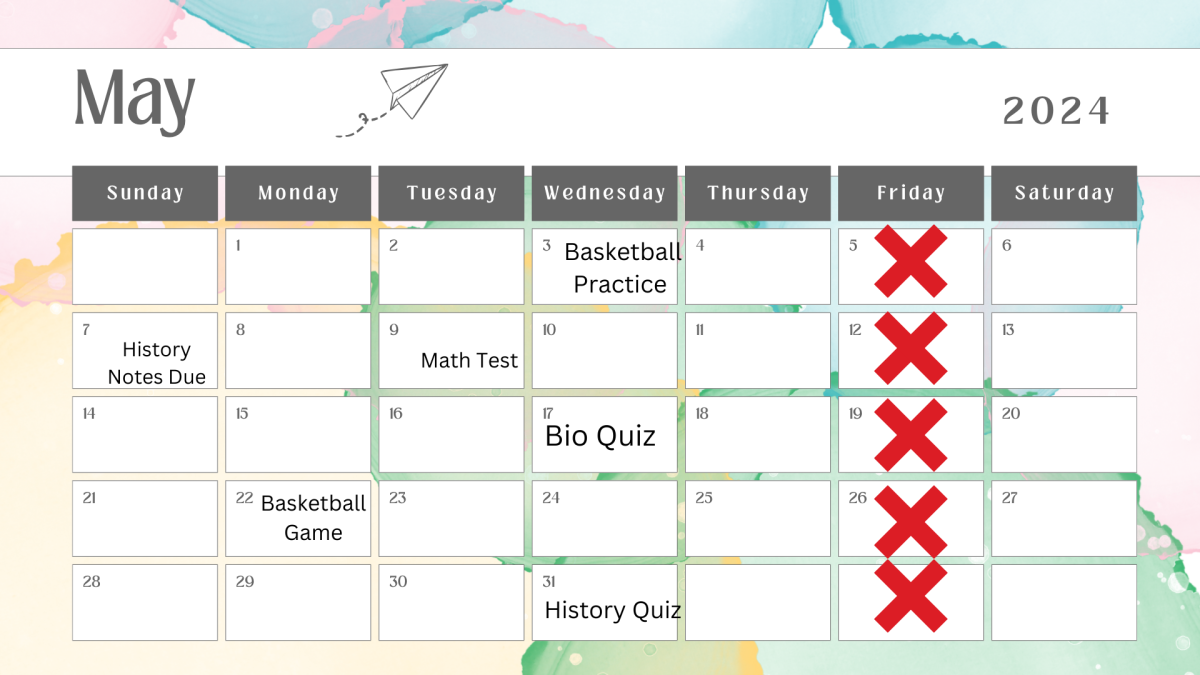


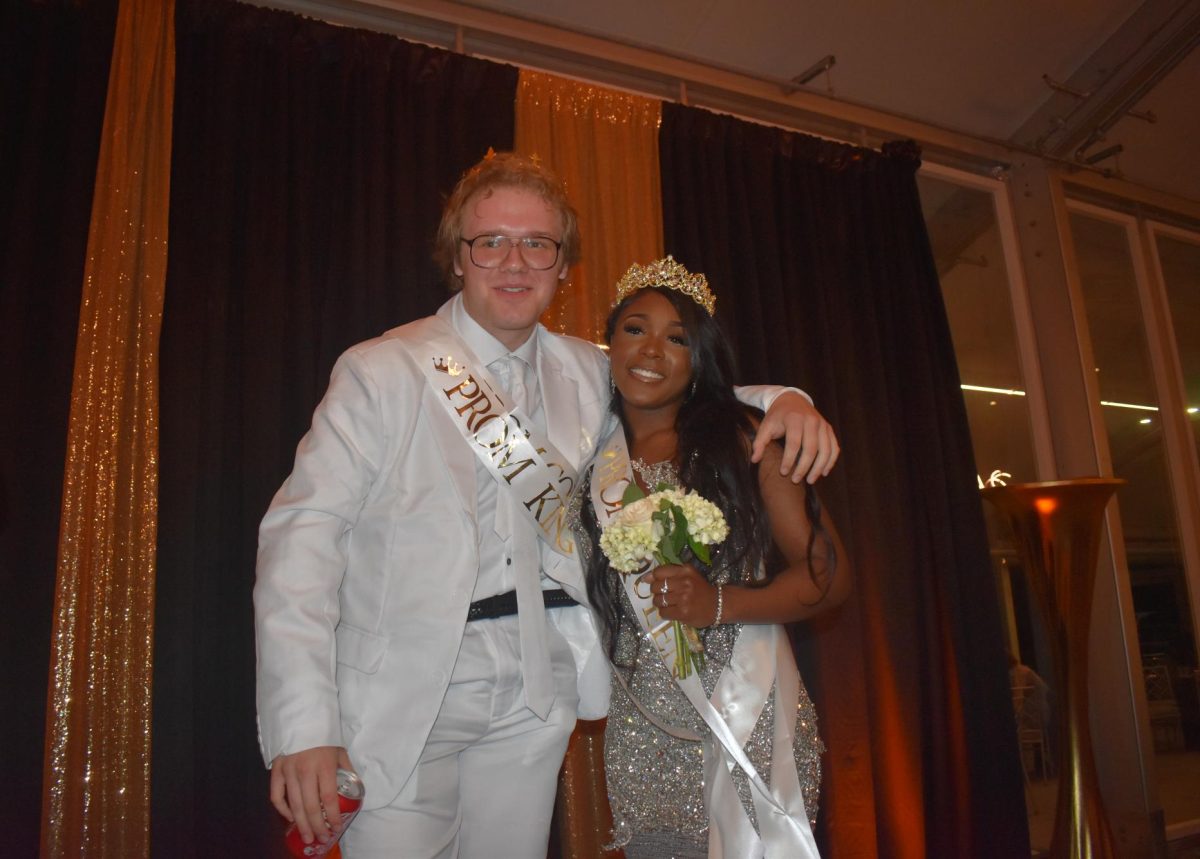
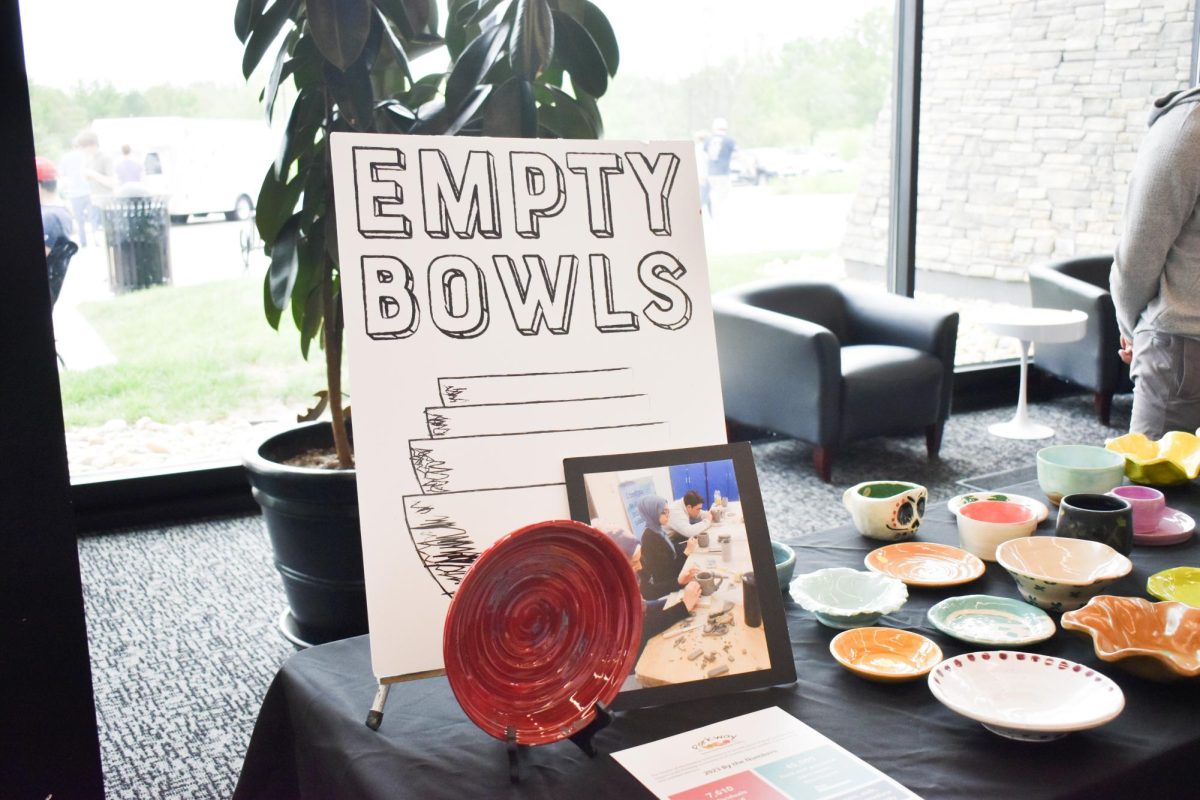
![Latin students pose for a group photo in front of historical ruins in Italy. From March 13 to March 23, the Latin department traversed cities in Italy to immerse students in an educational experience of a lifetime. “I enjoyed being able to learn about the different cultures. [The trip] encouraged me to see other peoples lifestyle and learn more about different histories,” senior Suraiya Saroar said.](https://pwestpathfinder.com/wp-content/uploads/2024/04/PXL_20240318_092633493.jpg)
![From Jan. 22 through Feb. 1, Parkway West High is displaying a wide array of art pieces made by students ranging from elementary to high school. All classes were represented on the displays in both the art wing and the main foyer of the school. “[Art] benefits me because in the middle of a busy day. I can just relax and have some fun doing art and it makes me happy. I think its important that you show art in the art show so that people can get inspired by it and be inspired to create their own pieces; it’s really impactful,” sophomore Dhiya Prasanna said.](https://pwestpathfinder.com/wp-content/uploads/2024/02/image1-1200x800.jpg)
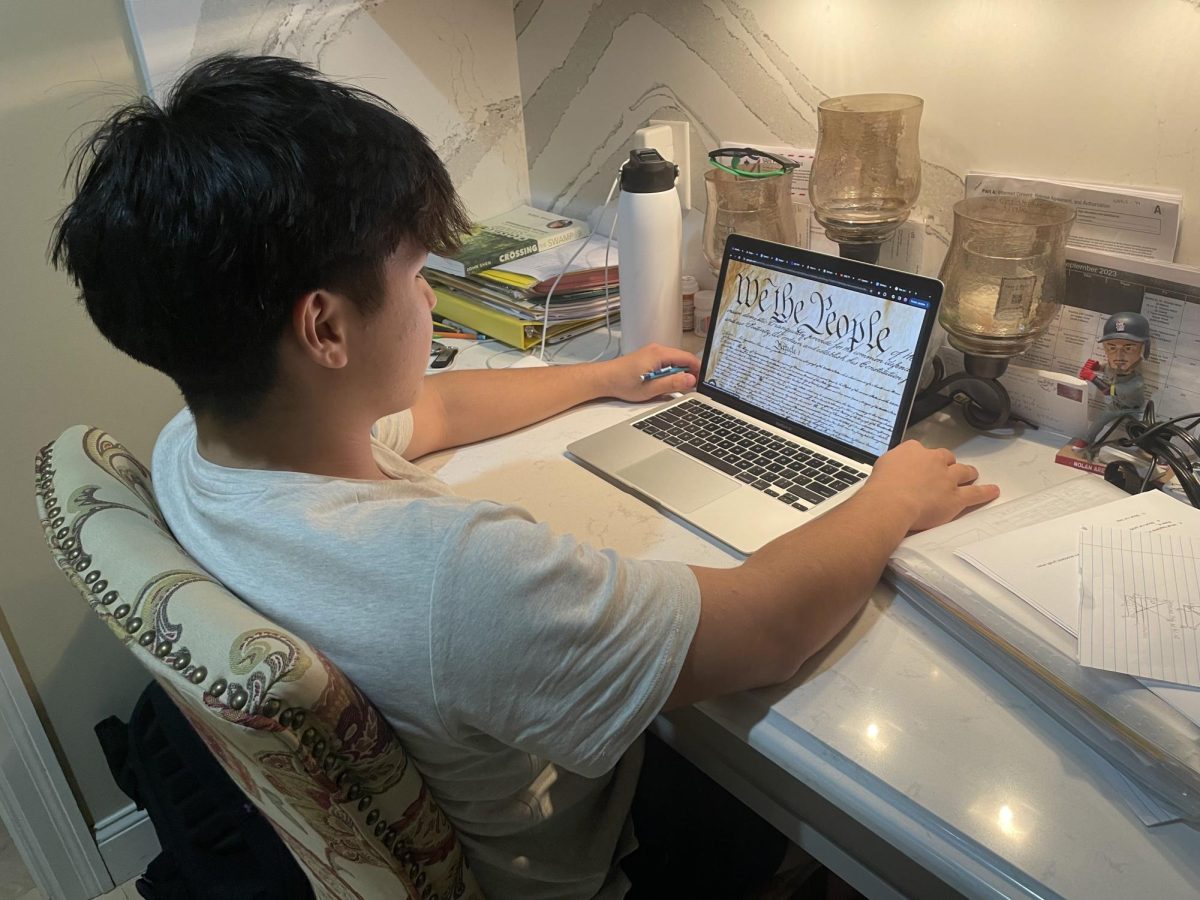
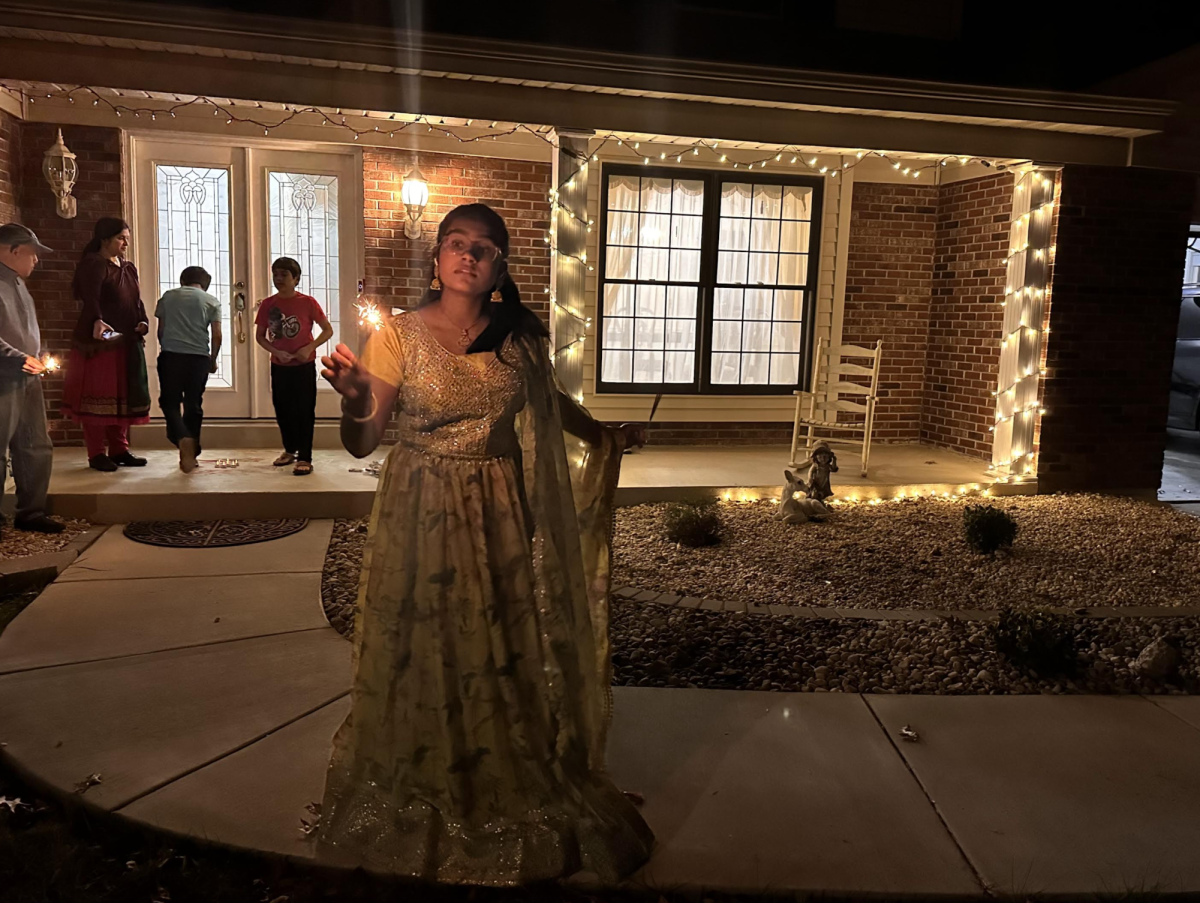
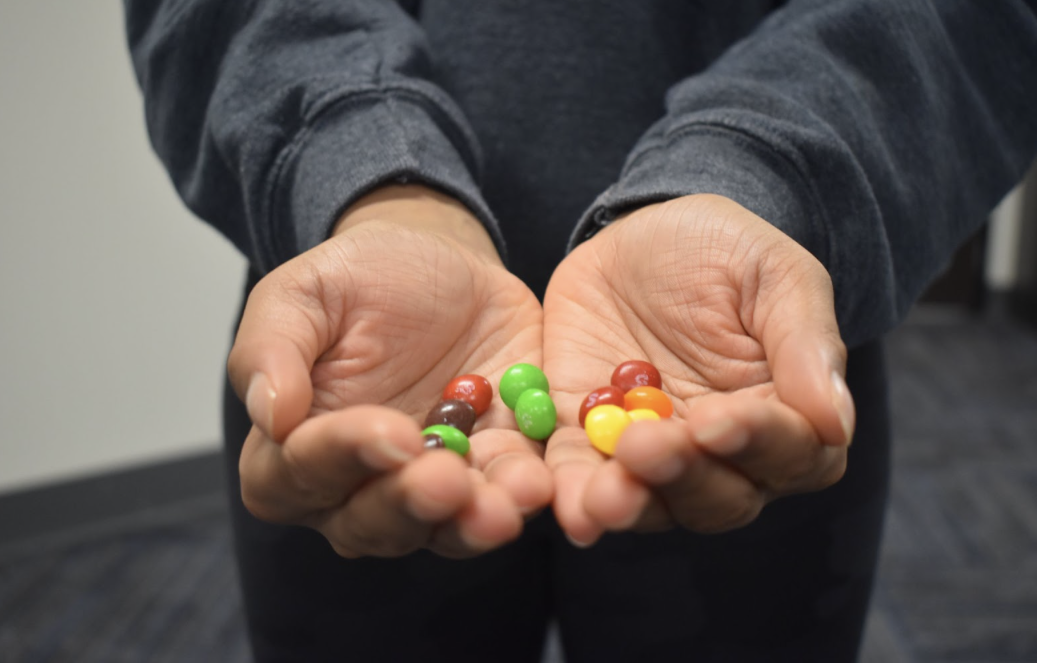
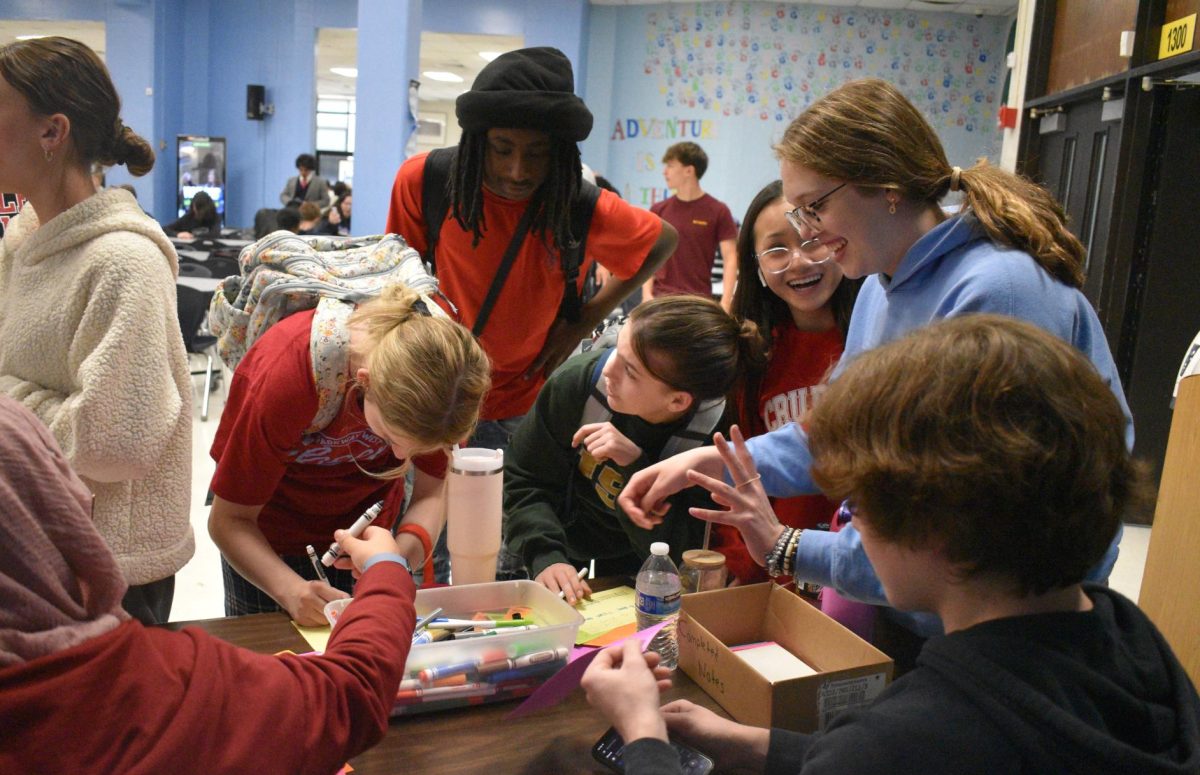
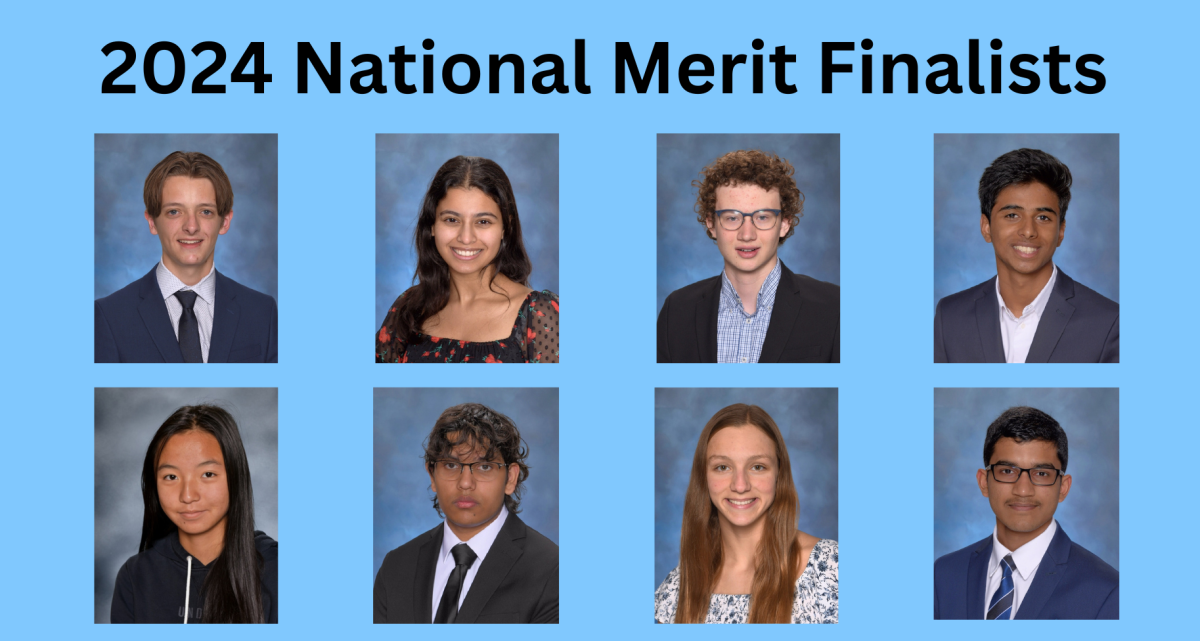
![Moviegoers smile for a picture after watching the Bollywood movie “3 Idiots.” The event ran from 4-8 p.m. on Saturday, March 9 and was open to students across the Parkway School District. “I decided to come to the movie night because I wanted to introduce my non-Indian friends to the rich culture and entertainment of Bollywood. One of my favorite parts [of the night] was the combination of [the] amazing food and the pure comedic entertainment. [It] was unmatched,” sophomore Aryan Allu said.](https://pwestpathfinder.com/wp-content/uploads/2024/03/IMG_5479-e1710180016483-1200x900.jpg)
![Senior Kylie Secrest volunteers at the blood drive signup table.The table provided students aged 16 and up with information about the drive and assisted them in the signup process. “We decorated the stand in the lunchroom with heart related or red decorations from either Dollar Tree or Five Below,” Secrest said. “This year was my first year doing [the blood drive] and it was fun. I got to be able to meet new people and help out the community.”](https://pwestpathfinder.com/wp-content/uploads/2024/03/image2-1200x800.jpg)


![Smiling widely, Principal John McCabe congratulates English teacher and English Department head Shannan Cremeens on winning the 2023-2024 Teacher of the Year title. Sophomore Cooper Oswald was a witness to the celebration. “We were all pretty excited. We were all clapping and standing up. We even [got to] take a picture with her,” Oswald said.](https://pwestpathfinder.com/wp-content/uploads/2023/12/TOYvertical-1200x954.png)
![Standing in front of the American Sign Language program’s mural, junior Brooke Hoenecke signs with freshman Darren Young. Hoenecke began cadet teaching for ASL this year alongside working towards earning her seal of biliteracy. “I was in ASL class when I received the email [that I qualified for the seal]. I was jumping up and down with my teacher and the rest of the class. One of the reasons why I took cadet teaching this year was so that I could prepare for the Seal of Biliteracy and be immersed in ASL,” Hoenecke said.](https://pwestpathfinder.com/wp-content/uploads/2024/05/hoenecke.jpeg)
![With a keen eye for detail, senior Natalie Lashly writes her signature onto the senior hand wall. After some encouragement from her friends, Lashly applied to make the hand wall with her Lorax-inspired design. I thought the [bright] colors would be fun. Our quote on the wall is Let us grow,’ based on the Let it grow song [from the movie]. [I was hoping that the design would] make the cafeteria feel more exciting, Lashly said.](https://pwestpathfinder.com/wp-content/uploads/2024/05/DSC_0099-1200x801.jpg)
![Walking onto the field, freshman Erastus Adewusi wears a pink jersey in remembrance of cancer awareness month. With the number seven on his jersey, Adewusi reflects on his life in Nigeria before moving to America. “I [used to wake up] at 5:30 a.m. and school would end at 5 p.m. [versus] now,” Adewusi said.](https://pwestpathfinder.com/wp-content/uploads/2024/05/DSC_0029-1200x800.jpg)
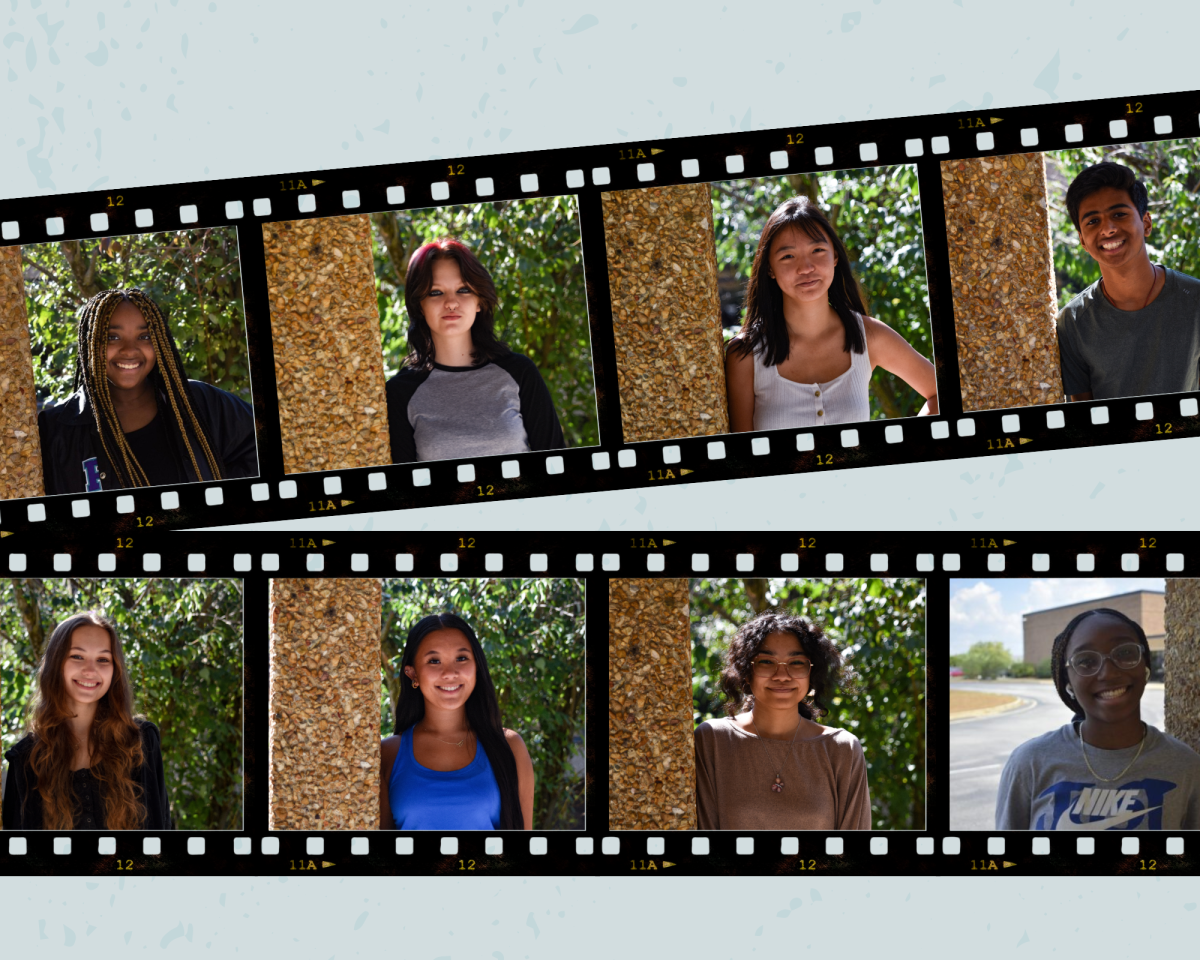
![Envisioning a cathedral in his mind, senior Soren Frederick puts pencil to paper and practices a rough sketch in the drawing room. Frederick grew up surrounded by a family of artists who helped him realize his passion for drawing and painting as he matured. “My family [is] very much [an inspiration] for drawing and painting. [Art] didn’t start [in the family] with me; it started with my mom and my older sister, and my older brother is very good at drawing [too],” Frederick said.](https://pwestpathfinder.com/wp-content/uploads/2024/05/DSC_0017-1200x800.jpg)
![Junior Amelia Geistler poses with her aunt, uncle and cousin. Moving through childhood, Geistler learned that having parents with a different appearance from her meant facing awkward, upsetting situations. “Something I faced [after] being adopted was that I was [treated] better when people discovered I had white parents. A childhood memory [is] when I went over to a friends house for the first time and her parents seemed to be very passive-aggressive, but when they learned I was adopted by white parents, they gave me equal treatment and ‘love’ as their white daughter,” Geistler said.](https://pwestpathfinder.com/wp-content/uploads/2024/04/Screenshot-2024-04-30-7.54.03-AM.png)
![Business and personal finance teacher Evan Stern stands in front of his classroom. After facing hardships growing up, Stern learned how to deal with them with the help of role models like his dad. “We dealt with some trauma when I was in middle school, and my dad had to be responsible for all three of us while he was working full-time. I know he had to sacrifice a lot. Im sure it was really hard for him, but looking back on it, he did a really good job . I didnt appreciate everything that he did at the time because I was so young. Now, Im engaged and probably going to have kids of my own in the next couple of years so I [am starting] to look at things differently,” Stern said.](https://pwestpathfinder.com/wp-content/uploads/2024/02/Untitled-7-1200x900.jpg)
![Holding his two smiling daughters in his arms, Principal John McCabe celebrates earning his doctorate degree. He attended Maryville University for two years and reached his goal of achieving a Doctor of Education: Educational Leadership degree after months upon months of hard work and long nights. “Im not going to lie, Im glad I have another night of my life back when Im not at school till very late,” McCabe said. “I can spend more time with my family and with my friends [who] are here at [West]. Im really happy about that.”](https://pwestpathfinder.com/wp-content/uploads/2024/01/mccabefeature.png)
![Art teacher Katy Mangrich sits in her classroom, smiling for a picture. During her time in high school, Mangrich learned several lessons that she now passes on to her son. “The biggest life lesson that I learned is honesty. I wouldnt say I was the best teenager, but I learned very quickly in high school to always be forthcoming and honest with my parents because it always ended up serving me better in the long run. [My parents] might have been upset with me [and the mistake I made], but I wasnt going down the rabbit hole of a lie because that was just going to get me into more trouble,” Mangrich said. “I passed [that lesson] along to my nephew. Honesty is always your best approach; just don’t lie. I say that to my son all the time. Theres no advantage to lying, [and] thats a huge takeaway [from] how my parents raised me.”](https://pwestpathfinder.com/wp-content/uploads/2024/01/Screenshot-2024-01-26-10.10.12-AM.png)
![Social studies teacher Aaron Bashirian smiles in front of his classroom. Bashirian didn’t know he wanted to be a teacher from early on, but he found the choice to be a good one. “I started [teaching] because there was an opportunity for me to experiment with it. Fortunately, [teaching] was a good choice. In 2012, I became a teacher at Parkway at the Alternative Discipline Center, which is where they send suspended kids to keep being educated if they choose. I spent six years there and then I got drafted to West, [where] Ive been for about six years,” Bashirian said.](https://pwestpathfinder.com/wp-content/uploads/2024/01/Untitled-35-1200x800.jpg)
![English teacher Angela Frye stands behind her desk in her classroom. Frye went through a lot of personal struggles to get to where she is today, and with each step in her life, she carries her gratitude for those obstacles. “Everything happens for a reason. I believe in [the concept of] good energy, good karma, [from] being a good person. Those are things I dont take lightly. [Struggles] build character. You really appreciate everything you have when you have to work for everything you have,” Frye said.](https://pwestpathfinder.com/wp-content/uploads/2023/11/Untitled-8-1200x800.jpg)
![English teacher Leslie Lindsey smiles for a photo behind her desk. Growing up, Lindsey participated in many things outdoors, learning life skills that she still uses today. “I loved fishing and was never grossed out by it. I could get my hands dirty and spend time outside; even when it was cold, I didnt care. Fishing takes a lot of patience, and that is [now] a virtue of mine because I have great patience that translates into my classroom,” Lindsey said.](https://pwestpathfinder.com/wp-content/uploads/2024/04/IMG_6632-1-e1712758336310-1200x983.jpeg)
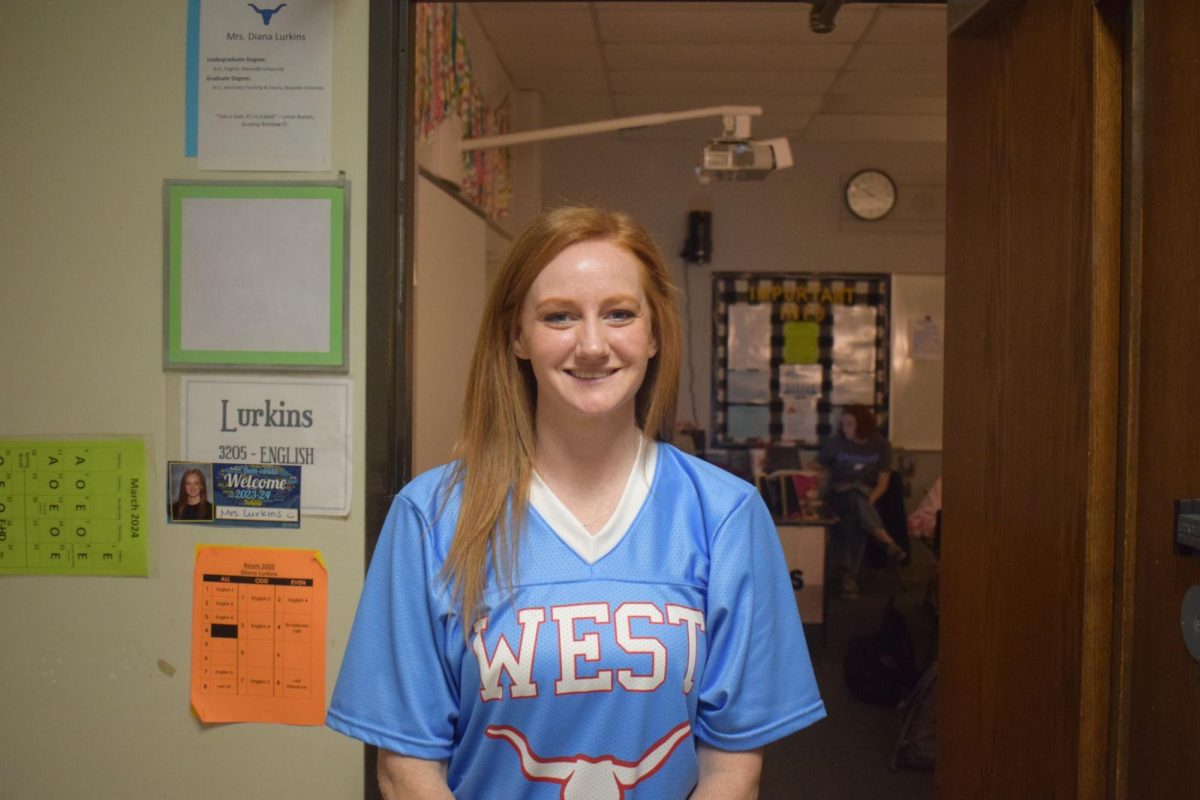



![Since the Supreme Court’s repeal of the federal law protecting a women’s fundamental right to abortion, many states have begun to restrict access to or even ban abortion. On June 24th, 2022, Missouri was one of many states to move to ban abortion. “Missouri is giving fetuses more rights than humans who’ve been on this world for many years. If someone [wants] to have an abortion because of whatever [reason], it should be their choice. You dont know why theyre in that position and you dont know why they need an abortion,” senior Mars Allendorph said.](https://pwestpathfinder.com/wp-content/uploads/2024/05/Bang-1.png)
![Company marketing for gifts and cards during Mother’s Day and Father’s Day depicts the differences associated with the holidays. In order to capitalize on profit, large companies often include stereotype-reinforcing marketing behind parental celebration products: Mother’s Day sales typically prioritize jewelry and clothing, complete with heartfelt messages about childcare, while Father’s Day gifts tend to illustrate the father in a less serious, paternal light. “In terms of emails around those holidays, I typically get more Mothers Day [marketing] from florists or from whatever places Ive shopped at online. I tend to see more in terms of advertising and marketing,” English teacher Casey Holland said.](https://pwestpathfinder.com/wp-content/uploads/2024/05/Untitled-design-11.png)
![Frequent school shootings across the United States and subsequent lack of action have led to a chronic state of fear for many students. Recent mass shootings in schools created a new risk for students. “I’m constantly anxious about school shootings. The idea that it could happen and the prevalence of [school shootings in America] is scary. Whenever alarms go off in the school, I fear that [a shooting] might happen,” senior Carlee Priem said.](https://pwestpathfinder.com/wp-content/uploads/2024/05/Add-a-heading-27.png)
![Like many students, sophomore Medina Nanic experiences pressure to do well in school. Through continuous success and achievements, West has developed a high academic standard for students. “Because we’re seen as one [of] the better schools, we have higher standards than the [schools] who aren’t ranked as high. There’s a lot of pressure on students to do [well] and live up to those standards,” Nanic said.](https://pwestpathfinder.com/wp-content/uploads/2024/05/DSC_0029-2-1200x800.jpg)
![In the 1950s, the first recorded spikes in global temperatures were recorded, and ever since, Earth has been in the midst of a disastrous climate crisis, as rising temperatures wreak havoc on susceptible regions and destroy animal habitats worldwide. Junior Nidhi Pejathaya helped found West’s Sustainability Council to create a space where students can educate themselves about climate change and do their part to preserve the environment. “When youre going out of your way to recycle [or] reuse your clothes to save water, youre saving people. Youre saving adults, youre saving families, youre saving children. Youre saving a whole generation. Just because we dont see it doesnt mean its not happening,” Pejathaya said.](https://pwestpathfinder.com/wp-content/uploads/2024/04/new-editorial-feature-1200x800.jpg)

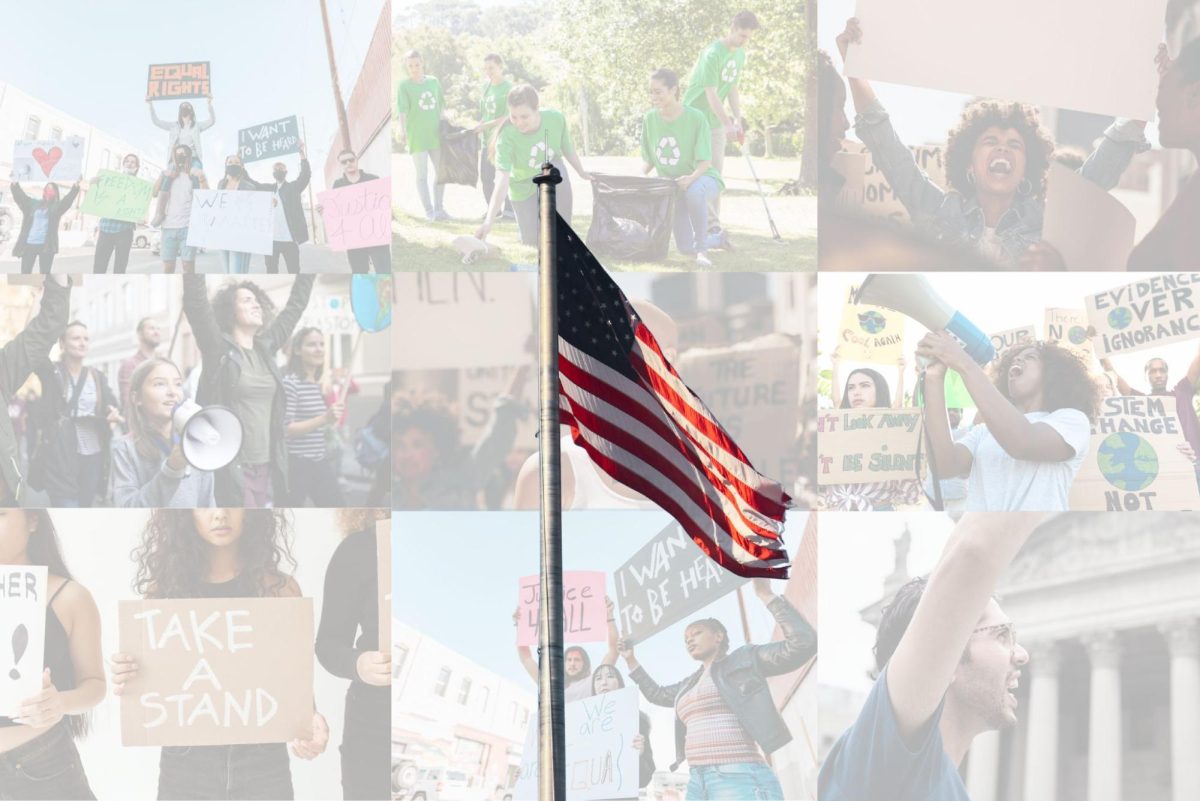





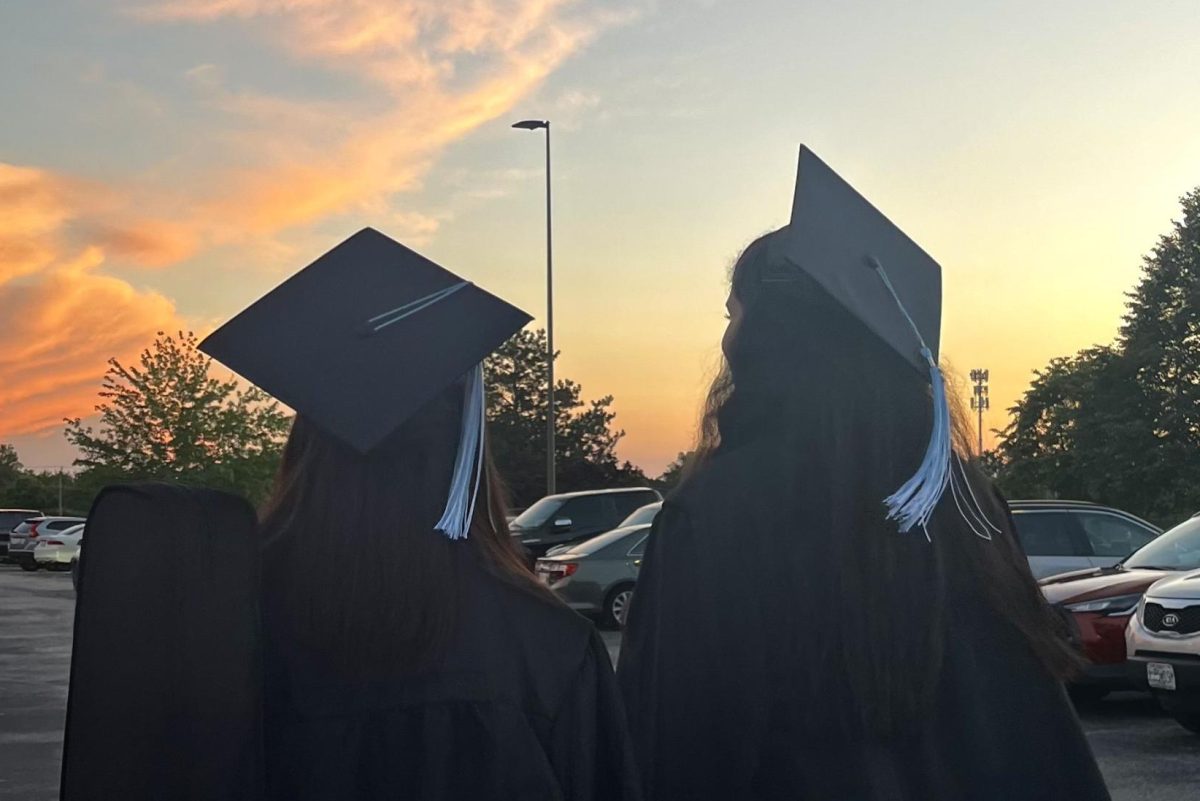
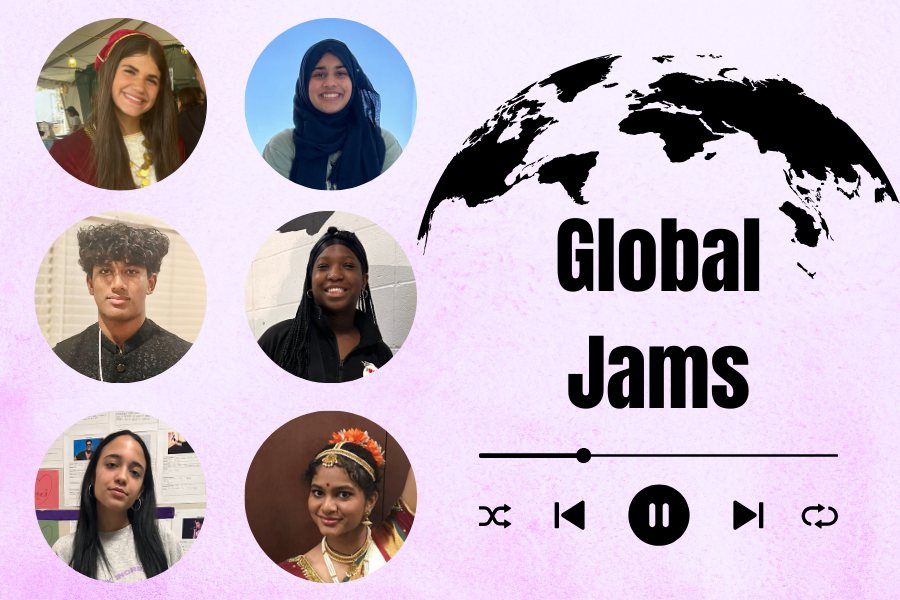
![Rested against a rainbow of colored pencils, a phone plays singer-songwriter Gracie Abrams’ single “Risk.” Abrams released the song as the lead single to her upcoming album “The Secret of Us.” “We had real, true fun writing this album. There were also the occasional tears. Audrey [Hobert] and I wrote ‘Risk’ on our couch at home,” Abrams wrote on Instagram.](https://pwestpathfinder.com/wp-content/uploads/2024/05/DSC_0009-2-1200x800.jpg)

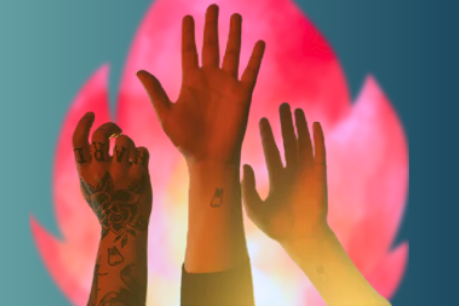
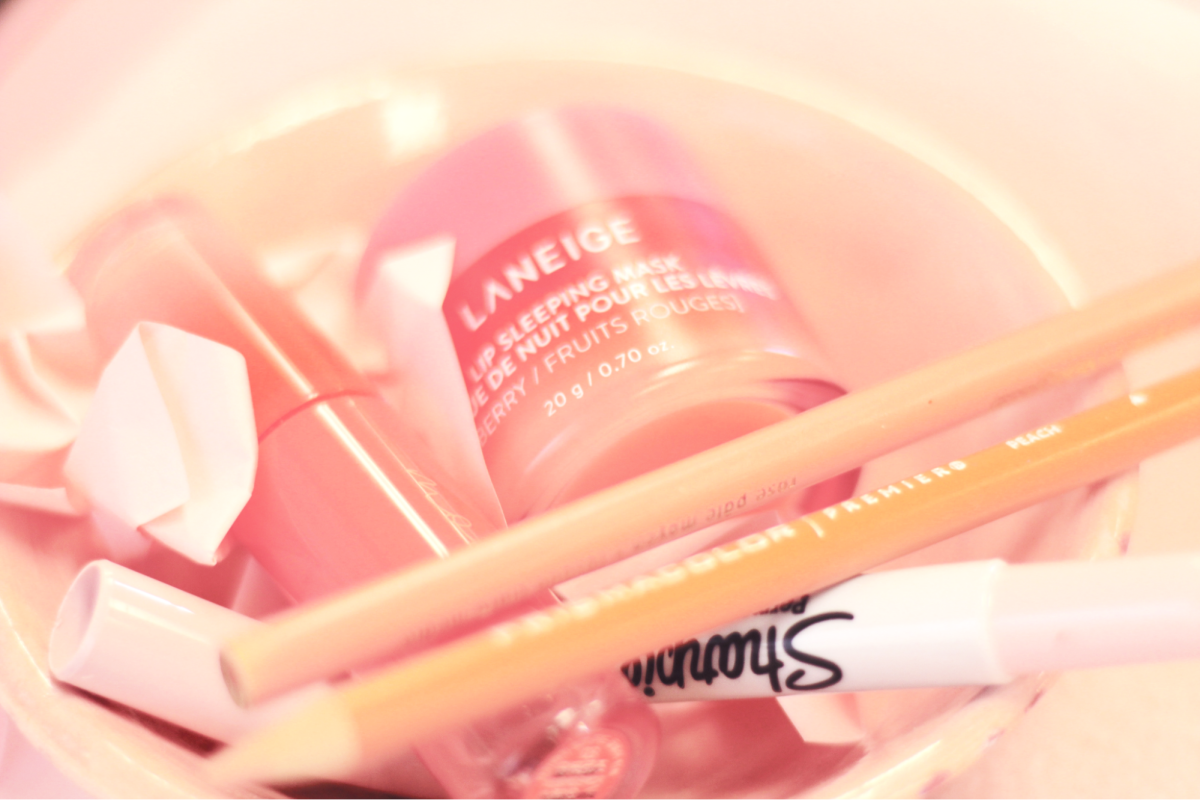
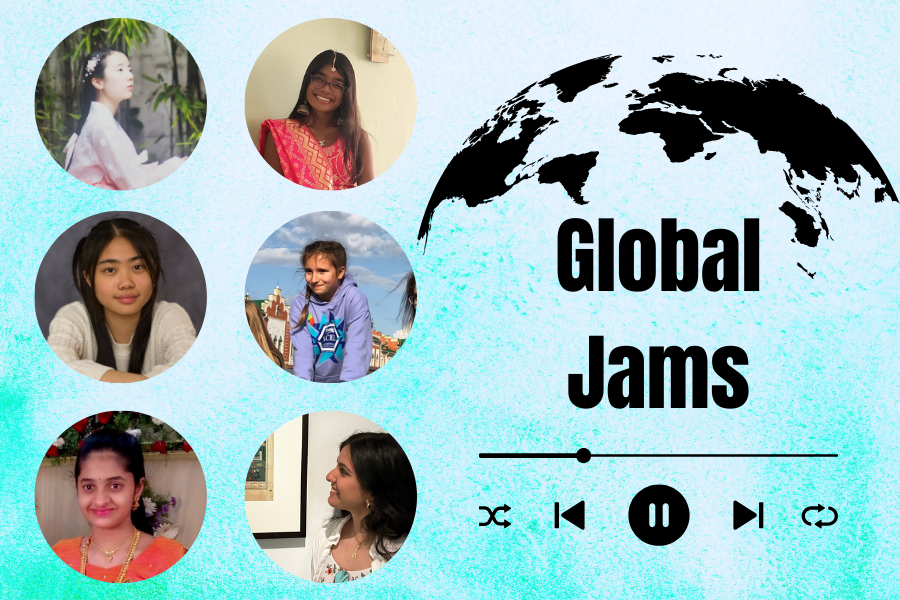

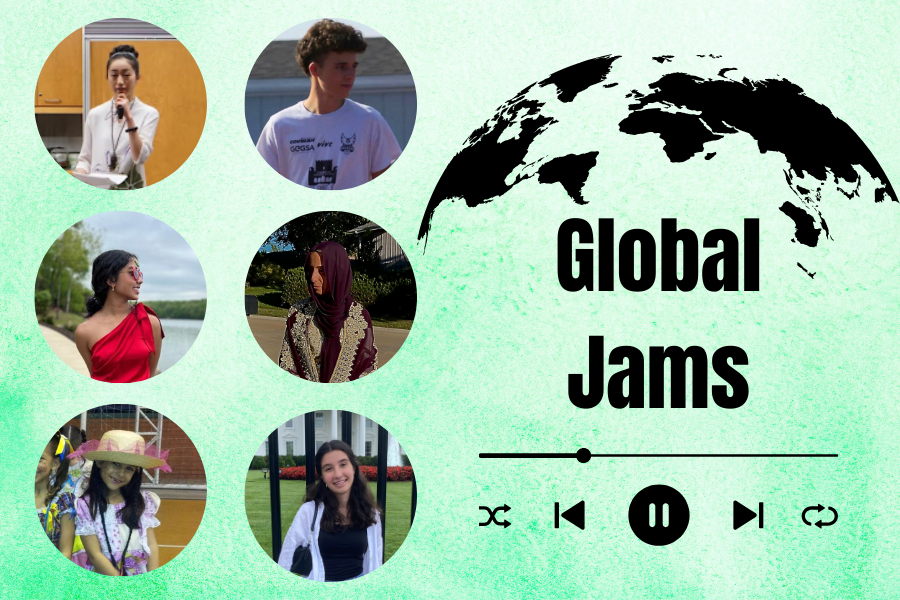

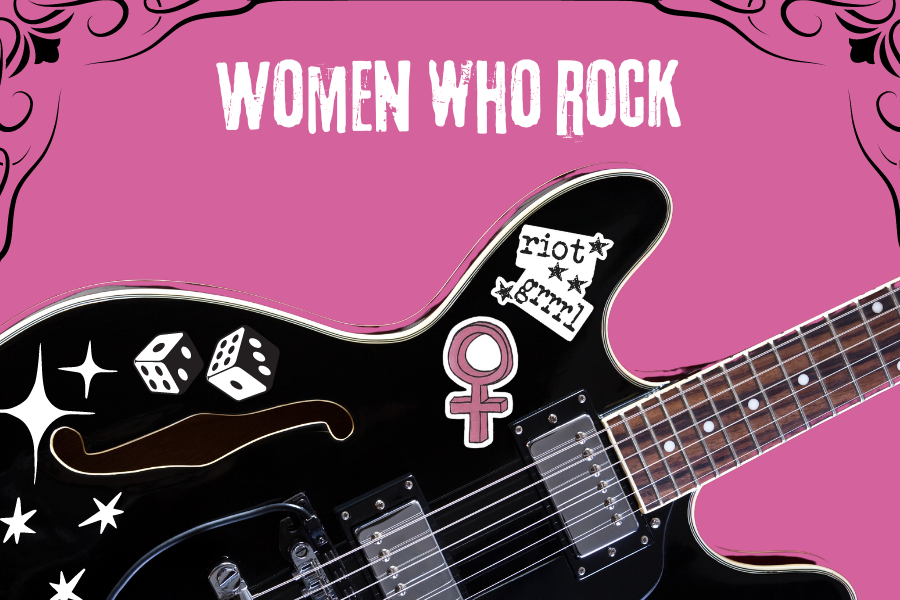
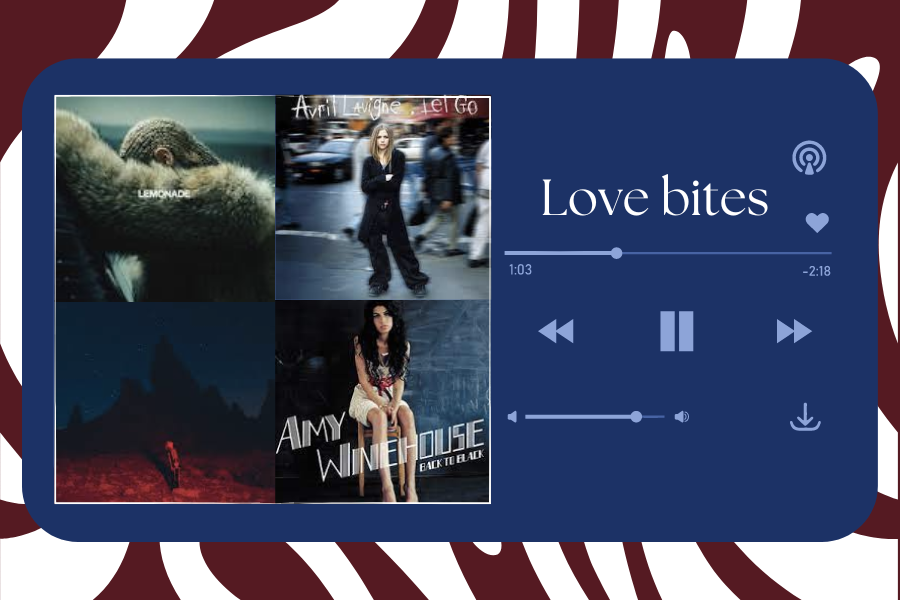
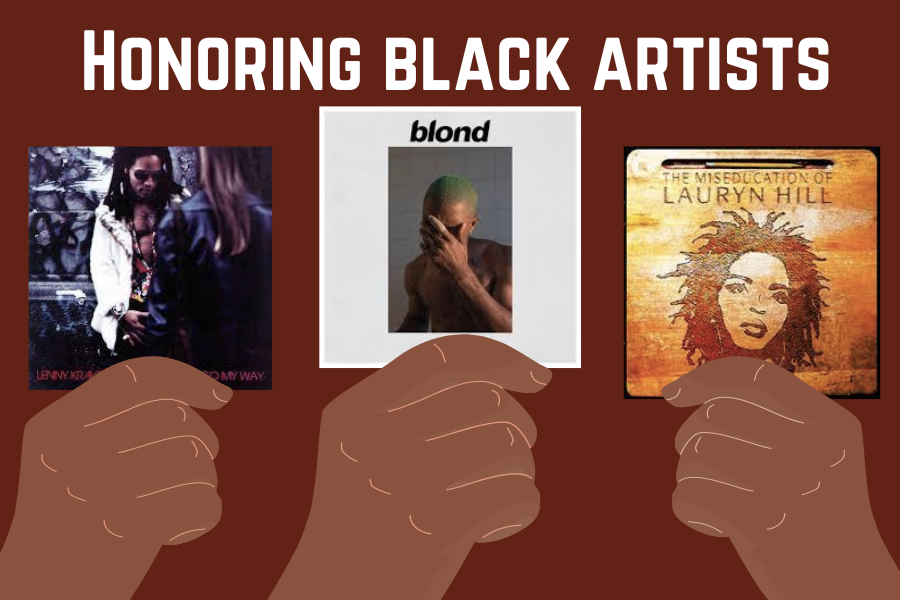
![2023 was defined by female vocalists such as Miley Cyrus, Taylor Swift and Paramore’s Hayley Williams as their diversity and talent amongst their respective genres topped the musical charts. Williams took to Instagram to show her gratitude for having owned the No. 1 spot on Billboard’s Top 100 chart. “We know enough by now to know success doesn’t equal value. That being said, to experience the [No. 1] on this album, as this version of Paramore, is such a sweet and surreal moment to celebrate together,” Williams wrote.](https://pwestpathfinder.com/wp-content/uploads/2023/12/2023-A-Musical-Recap-2.0-1.png)


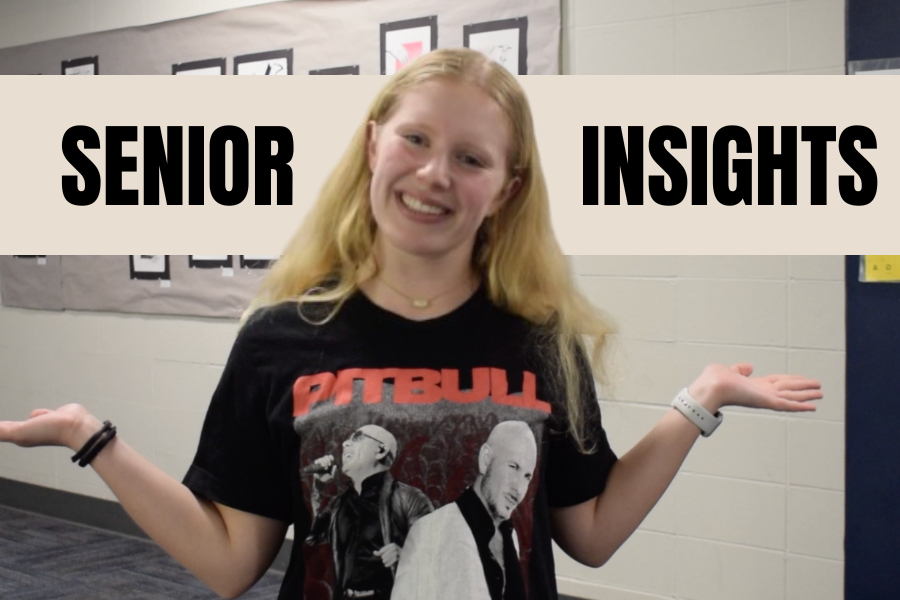
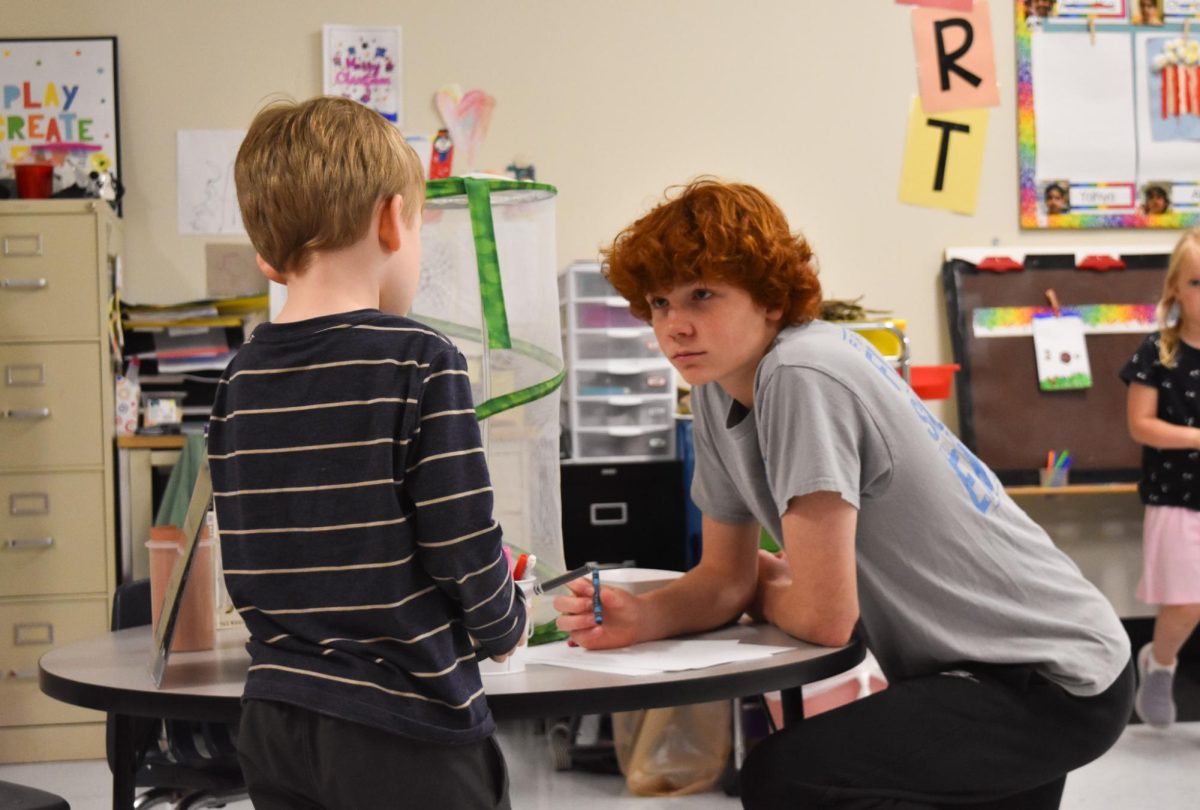

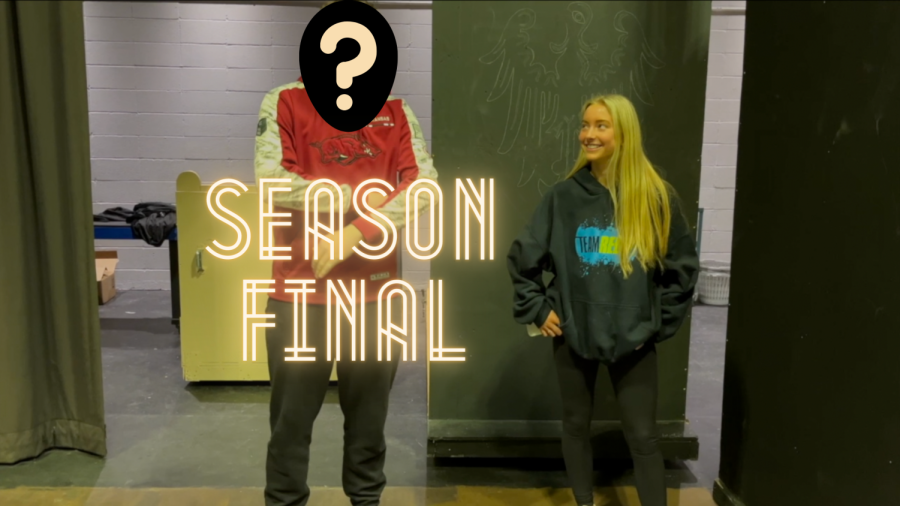
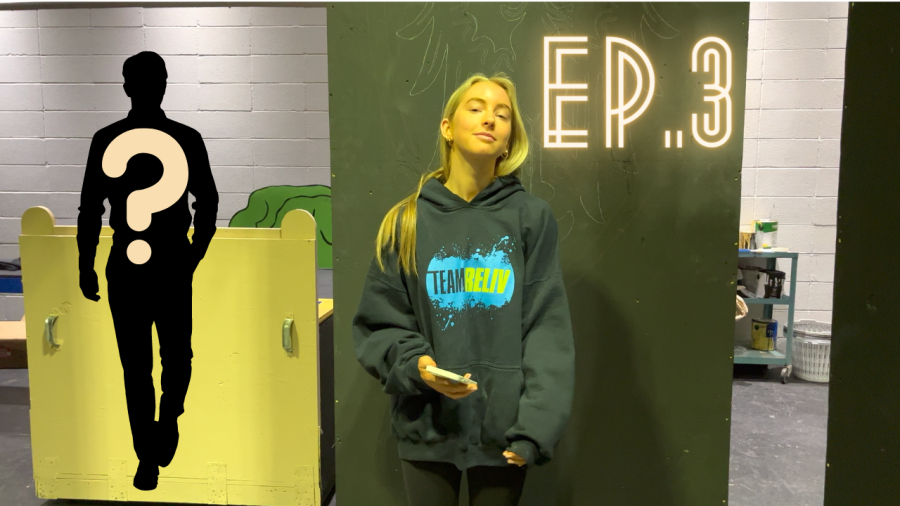
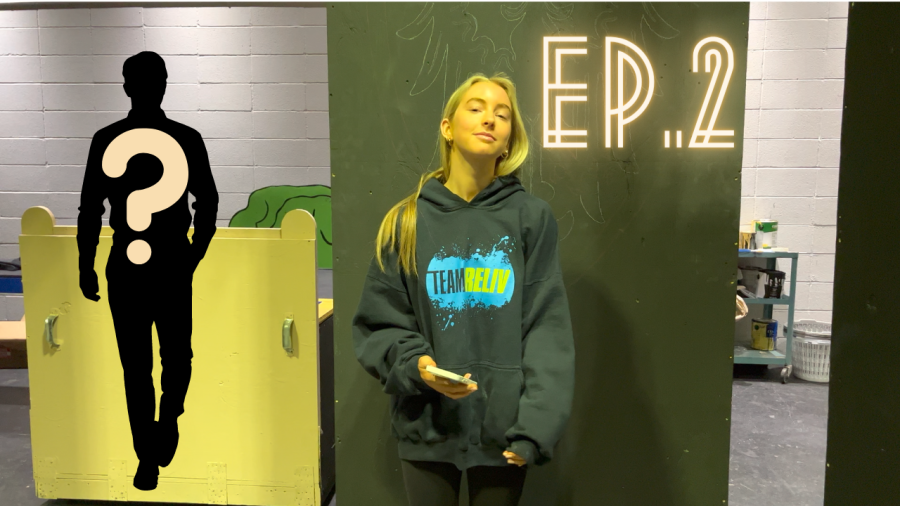
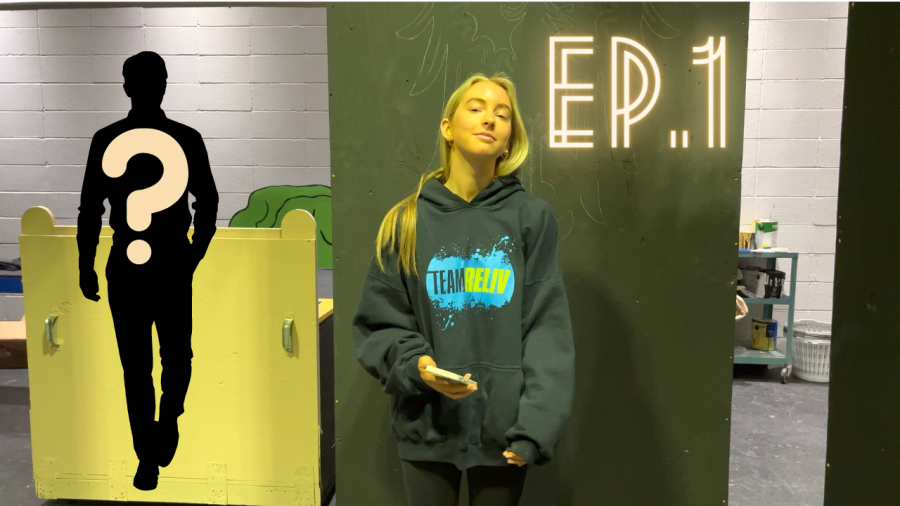
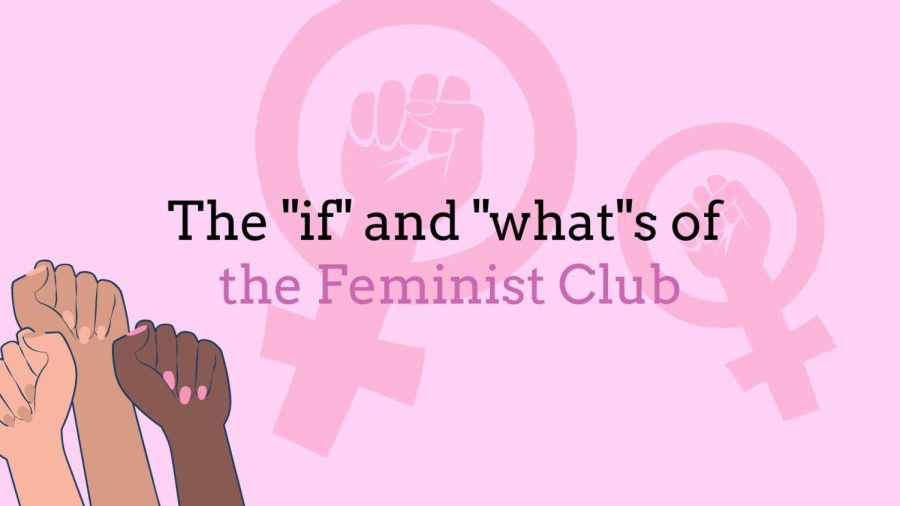
![In perfect shooting form and with eyes on the rim, junior Tyler Kuehl is about to shoot his next basket in the last game of the season against Marquette High School. Kuehl has been playing basketball since he was 5. “Even though I played basketball all my life, the game-winning shots can be pressure, its confidence. If youre going into that shot and not thinking that youre gonna make it, its obviously not going in. And if you believe, [it will]. Thats the only way you can succeed,” Kuehl said.](https://pwestpathfinder.com/wp-content/uploads/2024/01/unnamed-32-1-1200x1200.png)

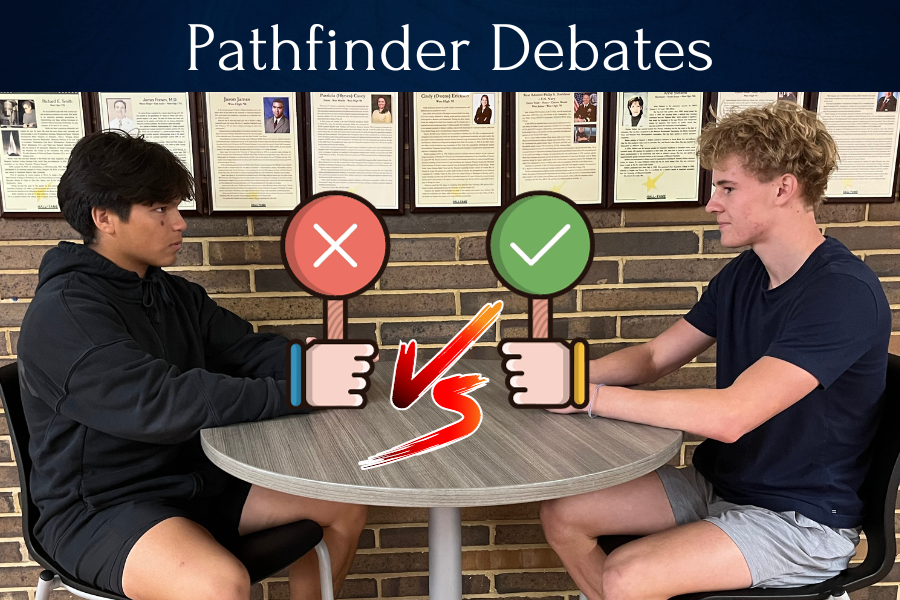


![“At the beginning of the year, I didnt really know a lot of [the] kids in my class [so] I tried to fit in [get to] know [them better]. Then, I started having a [friend] group I [now] stay with. [Now,] if I need to ask a question to understand the material better, Ill just ask. [Having more friends and being able to connect with people] makes me feel great. It makes me feel like Im not alone in [my] classes, and if anybody needs help, [we] always have [each other] to turn to. [I’m most proud of] meeting all the people throughout the years, growing and overcoming my injury. I feel like Im usually more kind to others and prefer their opinion over mine. I [am] always [open] trying what the group wants. When Im by myself, I [can] do something for [only] so long, but when Im with other people, I [can] do anything for as long as whoever Im with wants to. [As] I go through life, I want to make sure that everything I do is fun, [but] sometimes I cant help it because [I] need to have hard [moments in life;] moments being sad, mad or upset. Whatever you [choose to] do, always have fun and make sure it’s what you want.” - Ikhana Hildebolt, 9](https://pwestpathfinder.com/wp-content/uploads/2024/05/IkhanaHildebolt_9-1200x800.jpg)
![“Ive always been into [doodling] with pencils and ink. I used to watch YouTube drawing tutorials and [tried] to copy them. I had so much fun with that, but I felt like I was never [that] good [at art]; it made me lose motivation to draw. If I dont feel motivated to draw, I dont force myself to. I want drawing to be fun for me. I feel like every time I start again Im better than when I left. People can [create] art really fast but Ill sit there for hours and not be [finished] with the smallest [detail.] I learned to have patience [and] take my time. I used to try to get [fancy] materials. I was so stuck in the mindset that I needed [more supplies] to get better. I would get it and then feel discouraged because [my art quality] would be the same. Be patient with yourself. You dont need fancy materials to [make astounding] art. You can just use a wooden pencil and draw an amazing piece. I enjoy making beautiful [pieces] that have a message [behind it.] Its rewarding to see hours of work pay off as the final piece comes together.” - Morgan Summa, 10](https://pwestpathfinder.com/wp-content/uploads/2024/05/DSC_0034-1200x800.jpg)
![“I have been playing football for a long time and have enjoyed it. This year especially, I had so much fun. I was very happy when I made varsity because freshmen dont usually make the team [their first year of high school.] I love being around the guys [on the team] and I am going to miss the senior [mentors] next year. I will never forget the impact the seniors and Coach Duncan had on me. It was not only a team, it was a family. I felt like I belonged.” - Ethan Bain, 9](https://pwestpathfinder.com/wp-content/uploads/2024/05/IMG_7636-1200x800.jpeg)
![“This is my 10th year [teaching] at West. I started teaching because I struggled a lot in school, [but I decided to teach English because] I really like writing. I had a really hard time in high school and learning did not come easy to me in middle school. I would study for tests and still [did] not do well, or [I would] work really hard to write an essay and it just wouldnt come together. Once I got a grip on how to learn at the end of high school and in college, I really wanted to help students who were struggling to break down the learning process and make it easier because school is not easy for everyone. Math might not be your [specialty,] but maybe youre really good at theater, English or something else. So I’ve been helping students find what they are really good at, and [I have strived to] give them the confidence to continue.” - Diana Uffman, English](https://pwestpathfinder.com/wp-content/uploads/2024/05/DSC_0266-1200x800.jpg)
![“One thing that motivates me to write is being understood. A lot of my writing is about myself, my experiences, emotions and problems [that] I’ve had to deal with. Writing about it makes it easier for people to understand. [My work] might not [directly] say what the problem is in the story, but I love creating these fears, experiences and weird realities to reflect the issue. [A word I’d use to describe my writing is] probably ‘odd’. My writing style is [definitely] ‘out there’. I write a lot about death and forgetting people. [But] there’s also been a lot about just being alive, and [in the moment]. I struggle a lot with derealization, which is when nothing feels real to me. I write a lot about that, and it helps me feel more [grounded]. [Writing allows me to connect to others so] that people can relate to the characters in a story [which] helps them feel more comfortable with their own emotions. Every writer implements a piece of themselves, one way or another. Just putting [oneself] in a story [allows for both a deeper level of introspection and creativity]. ” – Onyx Coleman, 9](https://pwestpathfinder.com/wp-content/uploads/2024/05/pasted-image-0-1200x800.png)

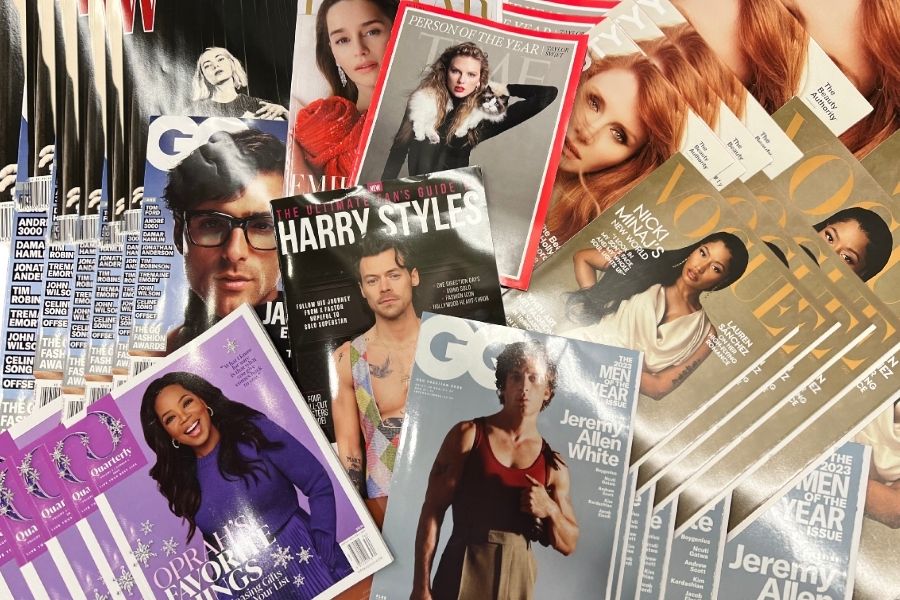
![Senior Thalea Afentoullis backs her car into the senior parking lot. Though Afentoullis has two years of driving experience under her belt, she often feels concerned about her safety in the school zone. “From my experience, whenever I try to get down to the pit, [the junior parking lot], after school, I have to be very conscious. [Students] whip [their cars] out of their spots. The school could do a much better job by separating the timings at which students can leave because most [car crashes] happen after school when everyone’s rushing to get out of the line,” Afentoullis said.](https://pwestpathfinder.com/wp-content/uploads/2024/04/68467-e1712933168328-1200x789.jpg)
![With her arms held high, junior Jenna Rickelman throws the ball across the pool during a girls water polo practice. With hours of practice after school and over the summer, Rickelman saw many improvements in her water polo skills. “When I look at [my] stats, Im so much better than I was last year,” Rickelman said.](https://pwestpathfinder.com/wp-content/uploads/2024/05/Untitled-design-2-.png)
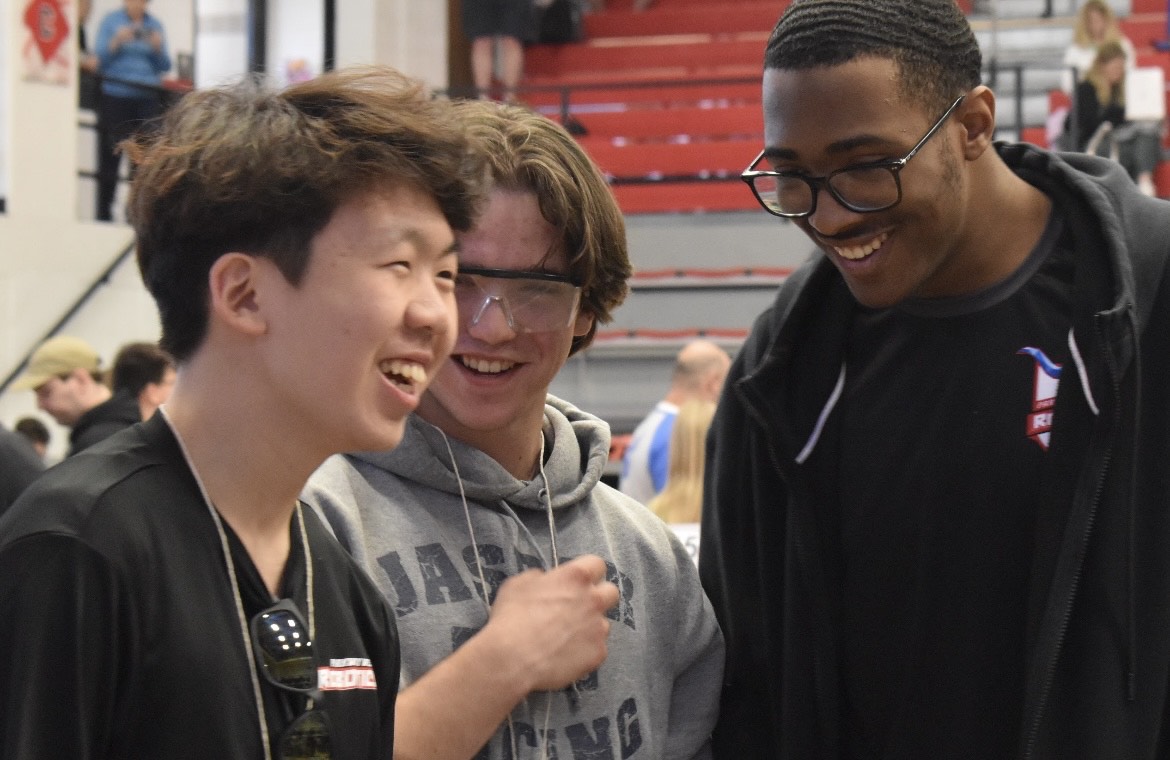
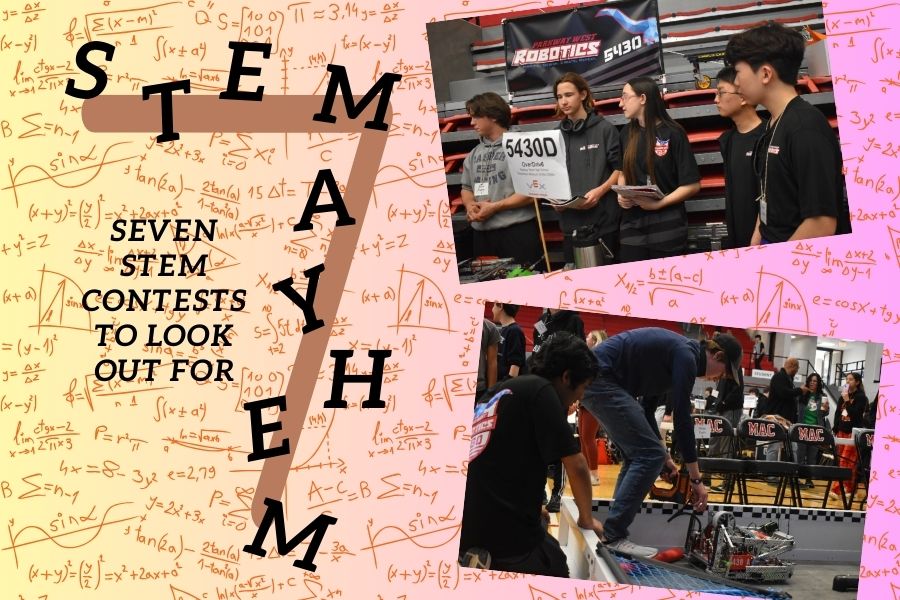
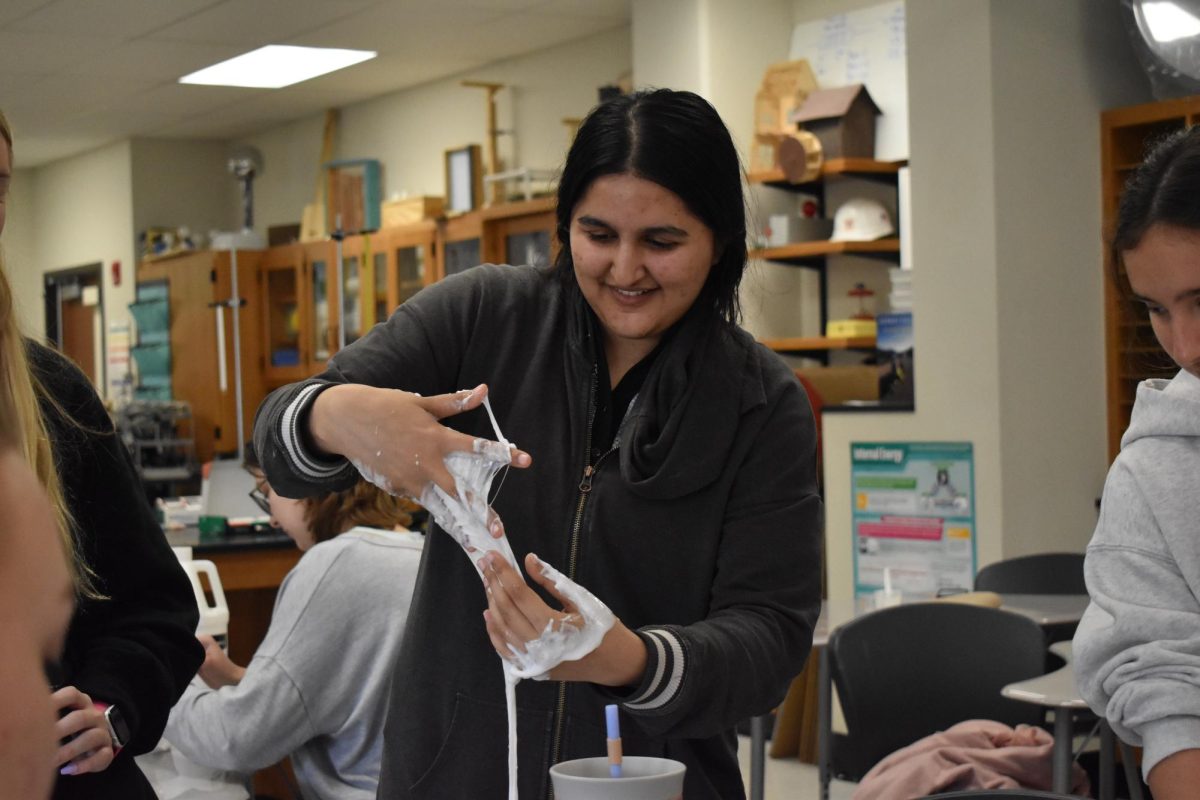
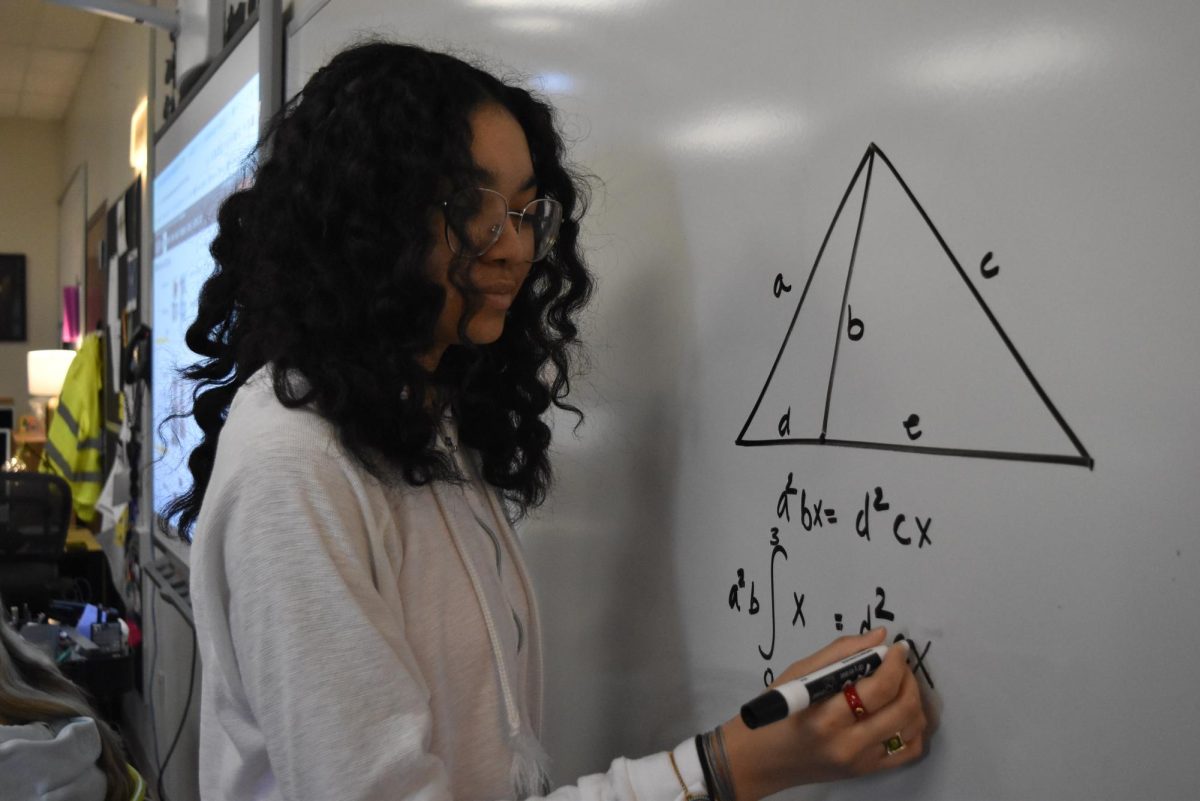
![Marching in front of Forest Park Avenue, protesters gather in support of the pro-choice organization Planned Parenthood after the controversial overturning of the Supreme Court case Roe V. Wade. Parkway West alumna Luisa Larinizi, former co-president of the Feminist Club, attended the protest in 2022 to share her voice on the matter. “I went because it’s an issue I care about deeply and I felt this was a way I could help and actively be involved. It is very important to stand up for what we believe in, and peaceful protesting is always a great way to achieve that,” Lazarini said. “It was incredible to see how many people came. Many gave speeches on their personal experiences with reproductive rights, [giving] me new insight on how many people are actually affected by the issue.”](https://pwestpathfinder.com/wp-content/uploads/2024/01/Untitled-design-1.png)
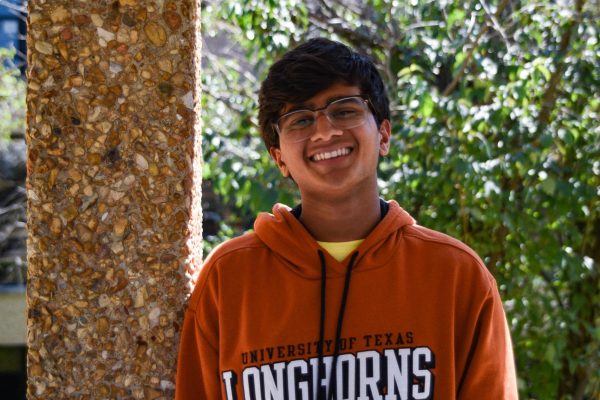
Will Gonsior. • Jan 27, 2024 at 3:02 pm
this is an amazing article Samir. but just to set the record straight, I check the Ohio State fan website daily, own OSU merchandise, and let my feelings fluctuate due to the athletic performance of young men and women because it’s the right thing to do, not because I have any sort of unhealthy relationship with a school I have no plans to attend. Definitely.
Audrey Ghosh • Feb 1, 2024 at 11:45 am
You never know, Will, maybe OSU checks up on your articles on the Pathfinder too!
Emily Early • Jan 26, 2024 at 10:39 am
Killing it with the graphics/interactives as per usual. Amazing story, Samir!
Lauren Holcomb • Jan 26, 2024 at 9:10 am
this is such a good article. but just to set the record, I DO understand jacob elordi on a deep and personal level and he IS my BEST friend